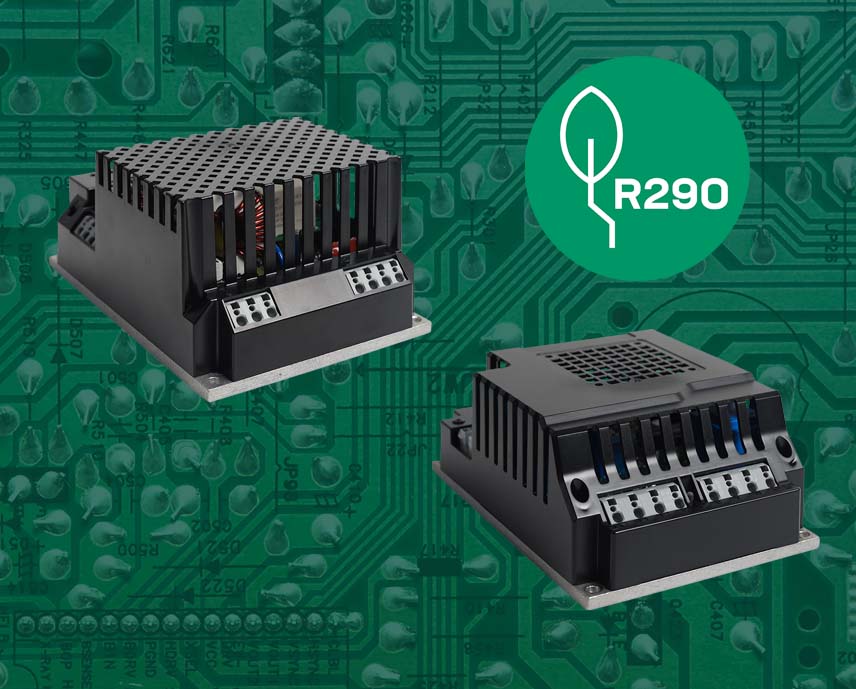
Winning stories
The Sustainable Switch to Propane
The heat pump technology is far from new. A simple explanation of how a heat pump works is by comparing it to a refrigerator. If you were to build an open refrigerator into the wall with the backside pointing into the building, it would attempt to cool the front (outside) and provide heat to the backside (inside the house). However, refrigerators can leak refrigerant gas, which can harm the ozone layer.
This is why the Montreal Protocol of 1987 and the later Kyoto Protocol of 1997 enforced a phase-out of old refrigerants. The EU has now signed a directive that will come into force in 2027, compelling the heat pump industry to implement changes. The new refrigerants in focus are CO2 and Propane (R290). The refrigerants previously used were worse than CO2 by a factor of several thousands. CO2, on the other hand, is a natural component of our atmosphere, although we aim to limit its amount as it is a greenhouse gas. Propane is a refined product from oil and gas production and is three times worse than CO2 as a greenhouse gas. Compared to the old refigerants which were several thousands times worse than CO2, the switch to Propane (R290) as a refrigerant therefore results in a significant improvement concerning greenhouse gases.
"Many have experienced that the compressor in the freezer or refrigerator run all the time
and doesn’t cool as expected. Look for “R290” (propane) when buying a new refrigerator, freezer or
heat pump."
- Michael Sørensen, Product Manager, Drives
But there are other problems to consider, such as the fire hazard posed by propane leaking into the open air. Therefore, it must be ensured that any electronic component in proximity to propane cannot ignite it. Eltwin Group’s PURE drives have been designed in a way that they are not ignition sources, even in the event of a failure within the drive. This has been verified by an international independent laboratory.
But why use a drive? The motors in the old compressor types are inefficient when viewed through today’s standards. While new motor technologies are more efficient, they require a drive. Even when considering the losses in the drive, the combination of a drive and a new compressor is more efficient than an old compressor without the drive. Furthermore, the compressor speed can now be adjusted to match the actual heating demand, providing even better efficiency.
The switch from fossil fuels to heat pumps is expected to reduce CO2 emissions by more than 500 Mt (Megatons) over the next decade. This represents 39% of the reduction in global CO2 emissions from space and water heating, according to the International Energy Agency. Most of this reduction is attributed to switches in North America and Europe.
Every time Eltwin Group sells a drive, a gas- or oil burner is replaced, contributing to the above figures. And we're pround of being at the forefront of this transition where we get to make a big impact.